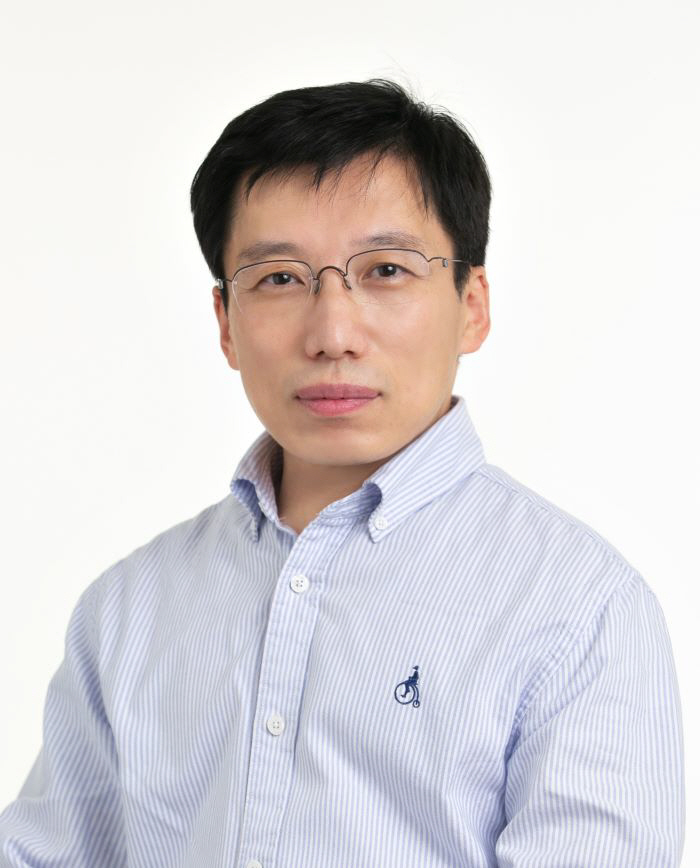Professor Yang Byung-eun of Hallym University Sacred Heart Hospital presents an innovative case of digital ambulatory surgery at an academic conference
Yang Byung-eun, a professor of oral and maxillofacial surgery at Hallym University Sacred Heart Hospital (Hospital Director Kim Hyung-soo), was invited to the 35th Annual Meeting of the Japanes Society for Jaw Deformities in Kitakyushu, Fukuoka, Japan from June 5-6 to give a lecture on the innovation of digital bilateral surgery in Korea.
This conference is a prestigious academic event in the field of jaw and face deformation treatment, and more than 300 experts from Japan and the Asia-Pacific region attended to share the latest surgical methods and treatment techniques. This year, lectures combining digital technology and jaw correction were presented under the theme of 'A new era of jaw correction'.
Professor Yang specifically introduced Korea's bionic surgery system using digital technology under the theme of 'Advanced Orthognathic Surgery in Korea: Innovations in Virtual Surgery and Patient-Specific Technology'. Based on preoperative three-dimensional computer images and CBCT data, he explained how to plan surgery suitable for patients, produce patient-specific surgical guides and fixed devices (PSI) and apply them to actual surgery.
This method increases surgical accuracy and shortens surgery time and recovery period, helping patients achieve satisfactory results. In addition, based on the experience of surgery and actual patient cases, the participants received attention by explaining the functional and aesthetic improvement effects through specific data.
"Digital technologies in healthcare are not just about changing surgical tools, but changes that revolutionize every process from diagnosis, planning, surgery, and recovery," Yang said. "We hope that these technologies will spread widely around the world, helping more patients."
Professor Yang successfully performed precision surgery by applying PSI technology to bilateral surgery for the first time in Korea in 2018. Since then, dozens of SCIE-listed papers have been published that have demonstrated the clinical efficacy, usefulness, and precision of the technology.
This conference is a prestigious academic event in the field of jaw and face deformation treatment, and more than 300 experts from Japan and the Asia-Pacific region attended to share the latest surgical methods and treatment techniques. This year, lectures combining digital technology and jaw correction were presented under the theme of 'A new era of jaw correction'.
Professor Yang specifically introduced Korea's bionic surgery system using digital technology under the theme of 'Advanced Orthognathic Surgery in Korea: Innovations in Virtual Surgery and Patient-Specific Technology'. Based on preoperative three-dimensional computer images and CBCT data, he explained how to plan surgery suitable for patients, produce patient-specific surgical guides and fixed devices (PSI) and apply them to actual surgery.
This method increases surgical accuracy and shortens surgery time and recovery period, helping patients achieve satisfactory results. In addition, based on the experience of surgery and actual patient cases, the participants received attention by explaining the functional and aesthetic improvement effects through specific data.
"Digital technologies in healthcare are not just about changing surgical tools, but changes that revolutionize every process from diagnosis, planning, surgery, and recovery," Yang said. "We hope that these technologies will spread widely around the world, helping more patients."
Professor Yang successfully performed precision surgery by applying PSI technology to bilateral surgery for the first time in Korea in 2018. Since then, dozens of SCIE-listed papers have been published that have demonstrated the clinical efficacy, usefulness, and precision of the technology.
|
This article was translated by Naver AI translator.




